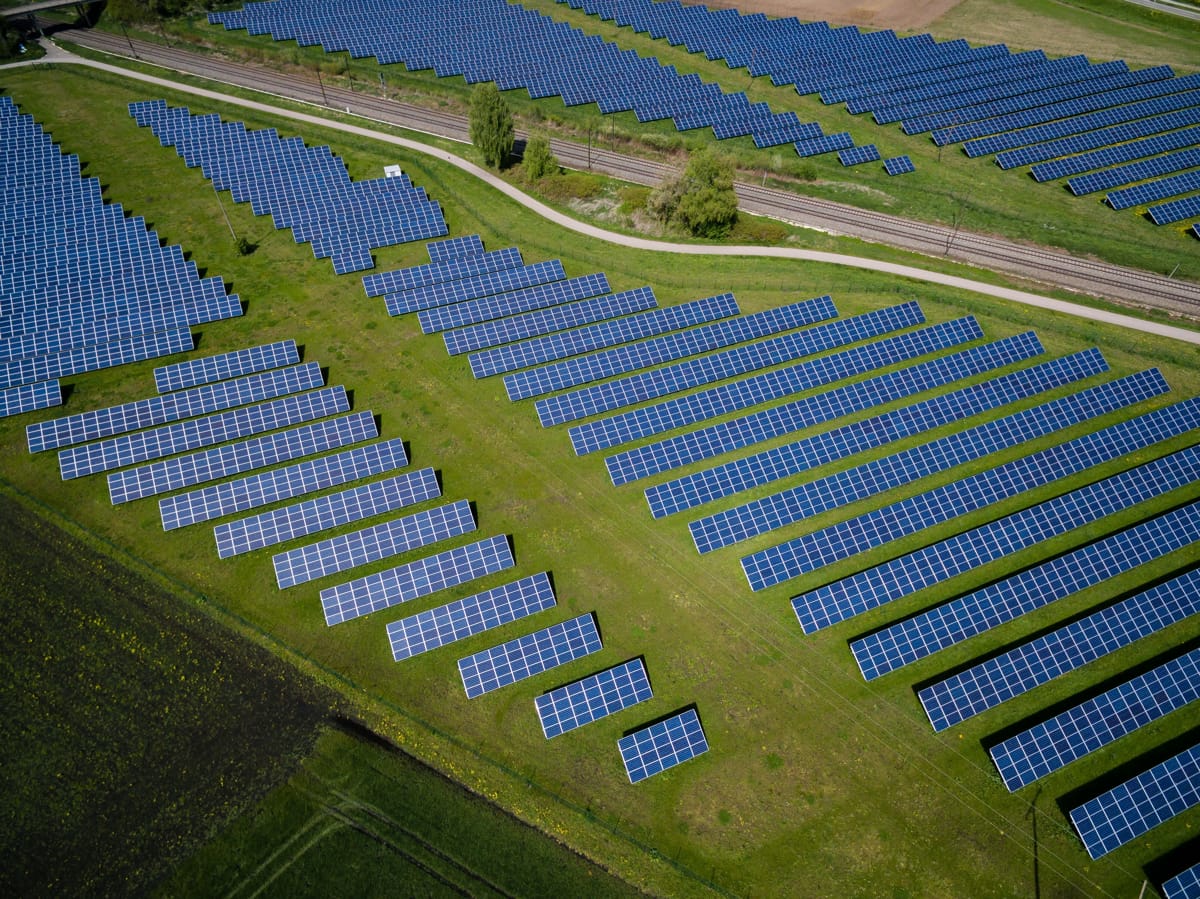Earlier this month, a group of 15 countries, known as the High Ambition Coalition, called on leaders at the COP28 Climate Summit to deliver an “urgent phaseout of coal-fired power generation”. Meanwhile, a group of Pacific Island nations has pressed Australia, a major fossil fuel producer, to join this pledge. As logical as such a plan might appear, the Albanese government has been right to ignore these calls.
Politically, support for a phaseout would undermine its efforts to move beyond the divisive “climate wars” that have hampered decarbonisation in Australia. Economically, it would do little to improve the cost-competitiveness of the clean energy technologies needed. Diplomatically, it repeats the failed strategies of the last 30 years, relying on global pressure and moral arguments that have failed to drive meaningful action.
Proponents of a fossil fuel phaseout can be described as “prisoners of the wrong dilemma”, as one paper memorably put it. They believe climate change requires global solutions, such as powerful international agreements and fossil fuel phaseout pledges, to address countries’ tendency to “free-ride” on pollution reduction.
Yet climate change is not, despite how many times you may have heard the phrase, a “global problem requiring global solutions”. It is a series of local technology transitions with unambiguously global consequences. The path to net-zero does not run through global pledges and timetables, but through the specific political-economies of local zoning boards, regional electricity utilities, national tax plans, and regional trade agreements.
We see these lessons most clearly in the design of the Biden administration’s Inflation Reduction Act (IRA), arguably the most significant piece of climate legislation ever written. The act, which could amount to a $US1.2 trillion climate bill, almost entirely bypasses the politically fraught issue of fossil fuel demand, yet still puts the United States on track to meet its net-zero goals.
The Albanese government mirrors this pragmatic stance, framing climate change not as a moral crisis but as an economic opportunity. Its quest to transform Australia into a “renewable energy superpower” reflects the survival of the (politically) fittest climate policies, so to speak. Those designed to fast-track clean energy alternatives – such as the Australian Renewable Energy Agency or the Clean Energy Finance Corporation – have survived, while those designed to raise the price of fossil fuels – namely the carbon pricing mechanism – are extinct.
Biden and Albanese don’t just get the politics of climate right, they appear to grasp the economics, too. Without readily available and commercially competitive clean energy substitutes, restrictions on fossil fuels can only lead to higher energy prices, hurting vulnerable communities without any guarantee of reducing emissions. What the IRA does is quite the opposite, providing incentives that bring down costs while addressing the investment constraints holding back cleaner substitutes.
As one of its chief architects recently put it, the IRA has shifted the climate policy paradigm by “mainstreaming the policy approach of making clean energy cheap” and shifting the “dominant economic challenge in climate policy” from reducing fossil fuel demand to accelerating clean energy supply.
This is how solar photovoltaic has gone from science fiction to market competitiveness in a little more than a decade. US investments in research and development, German feed-in tariffs, and China’s industrial policy built the modern solar industry, each motivated by a specific set of local political and economic incentives. As a result, the costs of solar power have fallen by 15 per cent annually since 2010 and global investment in solar photovoltaic is expected to surpass that in oil production in 2023 for the first time.

The Albanese government’s embrace of a “new approach to industrial policy” is an important step in the right direction. This includes its $20 billion Rewiring the Nation fund to unlock transmission, a National Energy Workforce Strategy to deal with skills shortages, and leveraging the $15 billion National Reconstruction Fund to clear the runway for investment in industries where Australia has a competitive advantage such as critical minerals and green hydrogen.
This isn’t to say there is no role for global cooperation. Many of the bottlenecks in the way of mass deployment of clean technologies cross national boundaries and could benefit from diplomatic solutions. In other words, we need targeted agreements that solve specific problems, not all-or-nothing commitments that fail to provide a feasible transition pathway.
Here, too, the Albanese government has shown promising signs. For example, it has identified the supply of critical minerals and investments in regional clean energy infrastructure as specific problems it can address through a series of new agreements with the United States. Progress on the Clean Energy Pillar of the Indo-Pacific Economic Framework and the Australian Infrastructure Financing Facility for the Pacific, for example, would do far more for the region’s progress towards net-zero than any unenforceable phaseout plan ever could.
A fossil fuel phaseout would do little to solve the climate crisis and may even harm the chances of reaching net-zero by provoking political backlash and diplomatic conflict. The Albanese government is right to reject such calls, not because it is stepping away from its climate commitments but because it understands that to achieve them it needs to get the politics and economics right this time.

